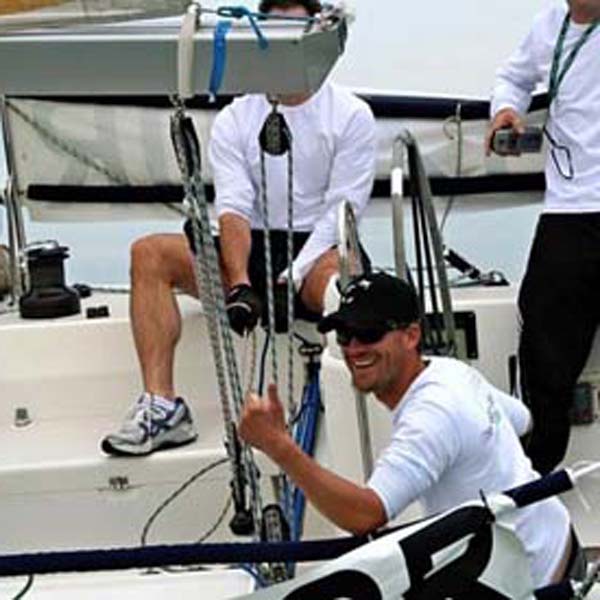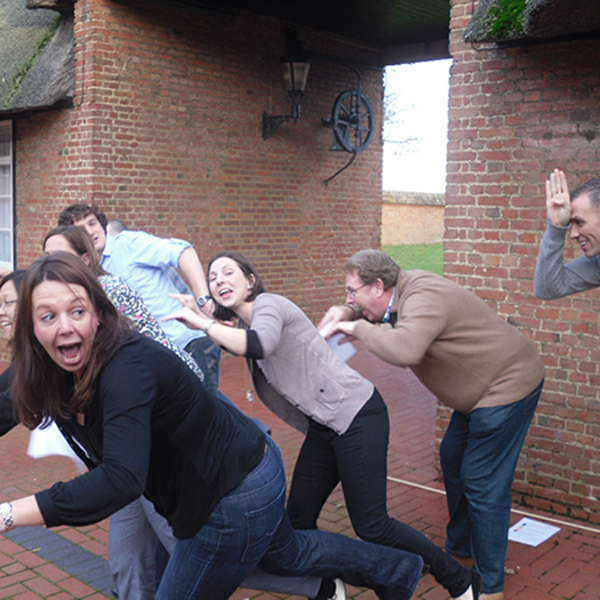There is a very famous saying in sporting circles and it goes something like this: 'Form is temporary, but class is permanent!' Even the truly great sportsmen and women can have periods of poor form - Tiger Woods, Wayne Rooney, Serena Williams are but a few who have experienced dramatic highs but have also gone through periods of poor form.
However, what they have carried through the lean times was an assured self-belief in their abilities. No-one can predict the next occurance of or length of any economic downturn, but one thing that is universally agreed is that it will come and it will end.
The question that managers need to be asking themselves is whether they are doing the things now that will prepare them to make the most of any possible downturn or the first green shoots of recovery.
An obvious way to begin this process is by putting effort into developing not only your talented managers, but also by re-motivating your entire workforce. In this case a change management may well be your key to leadership success.
It is a statement of fact that a business with quality management will always have a competitive edge. This is true in good times as well as bad. While it is recognised that true team leadership is not something you can learn from one text book, there are things that can be done to bring out your better leadership qualities while assessing the traits that are better left alone!
We can achieve this by a one or two day Management Leadership Workshop using a behavioural analysis tool (one that fits in with the company's current usage - Myers Briggs, Belbin, SDI, etc) to identify the managers own preferred style. This will then be used in conjunction with a Leadership Style questionnaire to narrow down behaviour still further and unveil the true benefits of effective team work.
Once the journey of self-awareness has been completed, a number of different Leadership Models are discussed. The aim of this session is to provide managers with a number of options for them to think about when dealing with their co-workers. As we have already stated, there is no one true model for team leadership, but it is true to say that it can be viewed as situational - so knowledge of differing styles should equip managers with the confidence to face any situation.
This work is reinforced throughout the session with experiential teambuilding activities that highlight the behaviours exhibited within teams and provide real leadership opportunities for the managers to practice their new skills.
Management is where the work starts. We then strongly suggest that the rest of the company or department has a re-motivational teambuilding day. This can be one of a number of options (such as a sailing day, treasure hunt, motorised activities, etc) which should be decided upon through your objectives, group type, group size and budget.
We also strongly suggest that the management team remain engaged and motivated throughout this session. We have seen all too often that senior managers will take phone calls or 'disappear' throughout the day. This sends a clear message that it is not important enough for the senior managers, so it must be a waste of time to them. We all understand that the business needs come first, but clear parameters must be established at the outset to reduce any misunderstandings.

There is a very famous saying in sporting circles and it goes something like this: 'Form is temporary, but class is permanent!' Even the truly great sportsmen and women can have periods of poor form - Tiger Woods, Roger Federa and Serena Williams are but a few who have experienced dramatic highs but have also gone through periods of poor form.
However, what they have carried through the lean times was an assured self-belief in their abilities. No-one can predict the next occurance of or length of any economic downturn, but one thing that is universally agreed is that it will come and it will end.
The question that managers need to be asking themselves is whether they are doing the things now that will prepare them to make the most of any possible downturn or the first green shoots of recovery.
An obvious way to begin this process is by putting effort into developing not only your talented managers, but also by re-motivating your entire workforce. In this case a change management workshop may well be your key to leadership success.